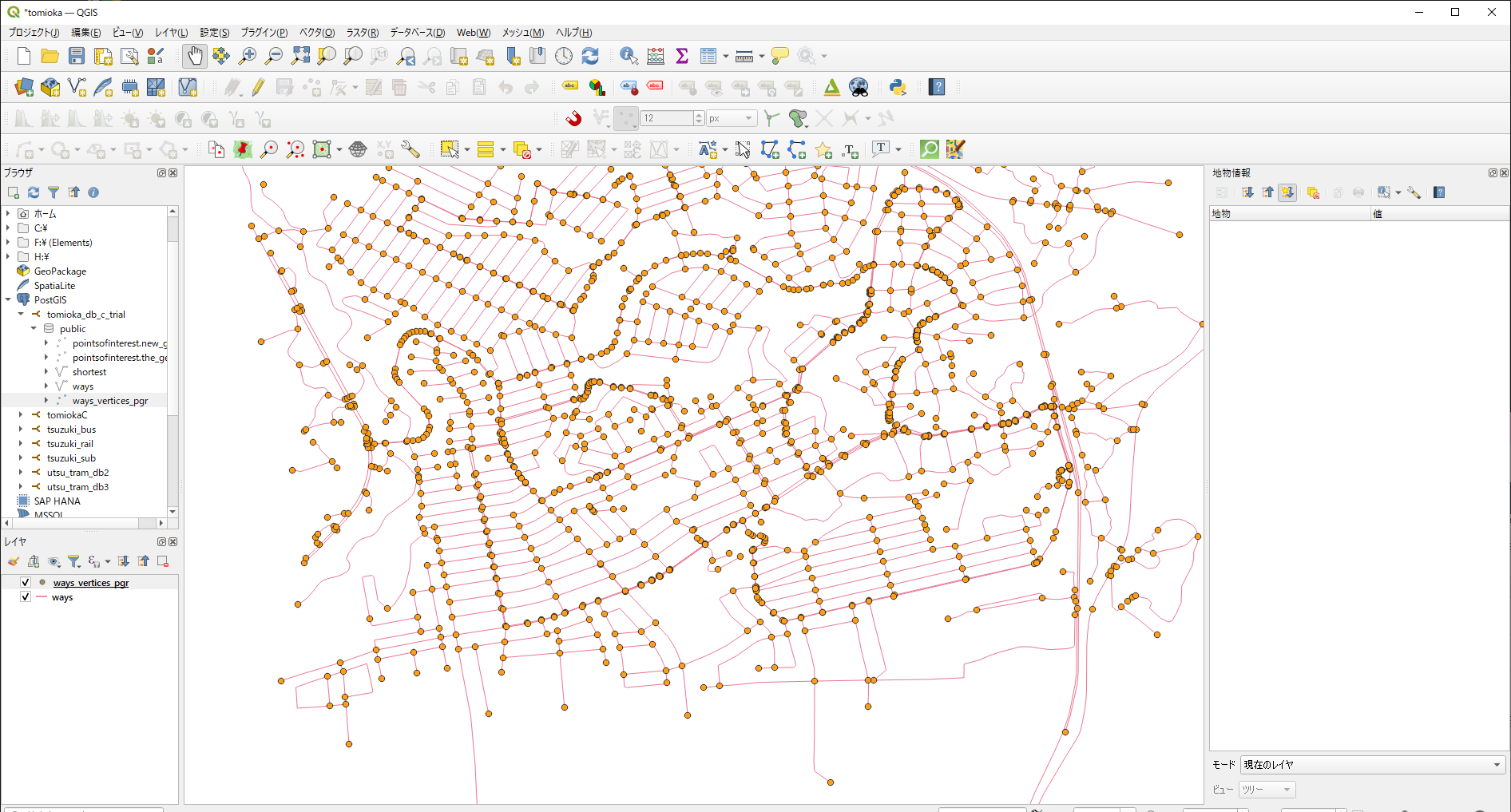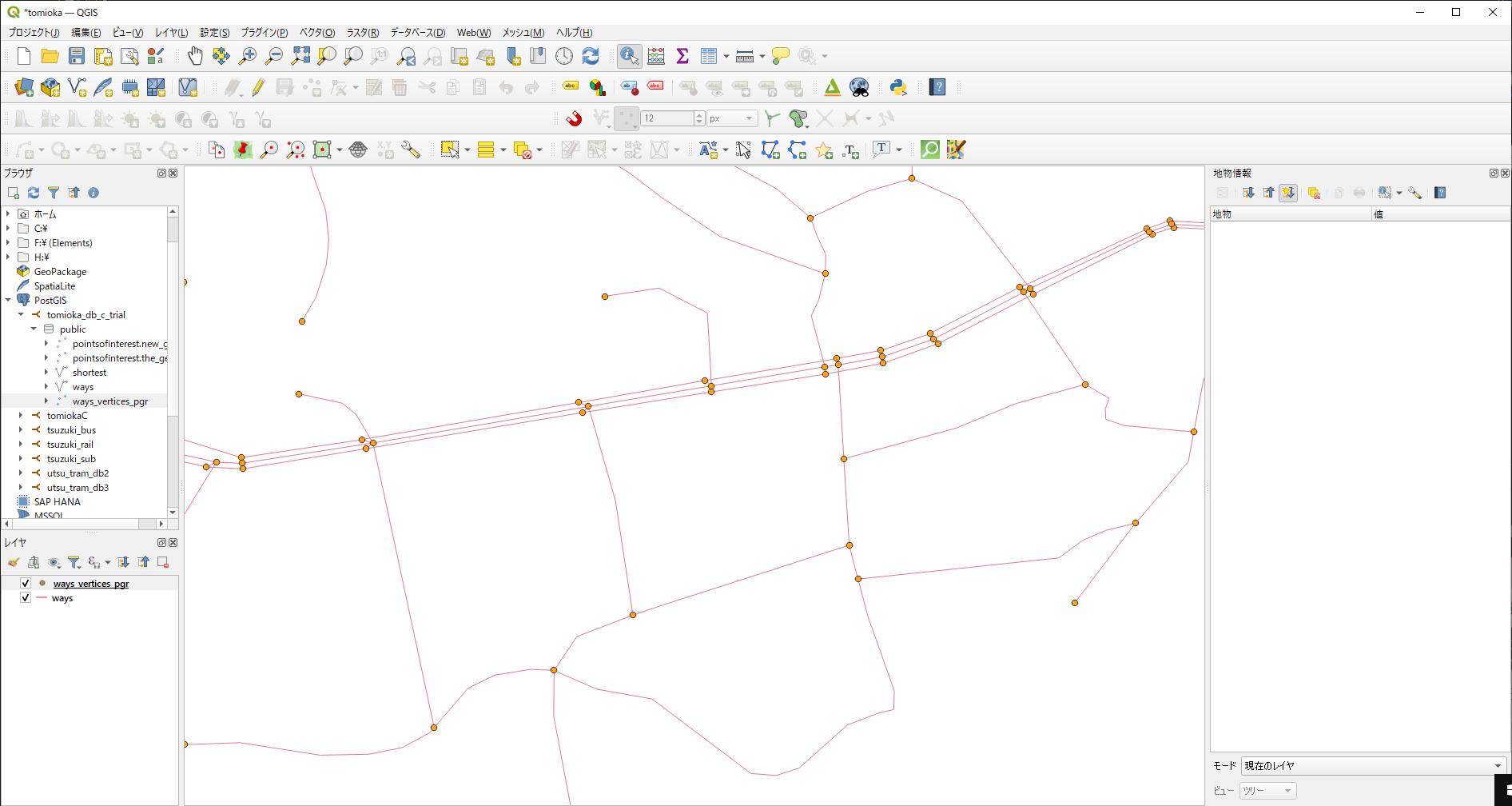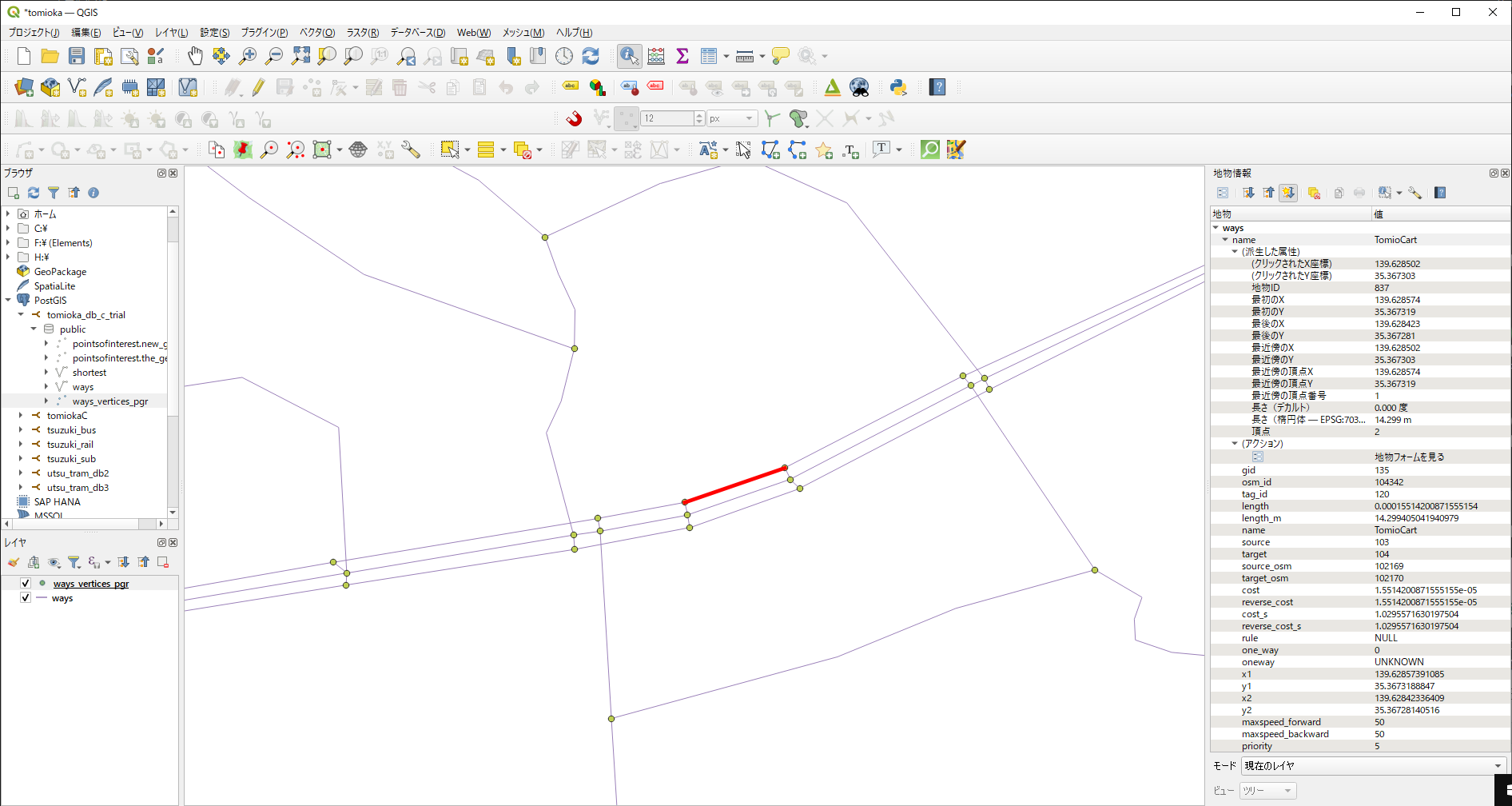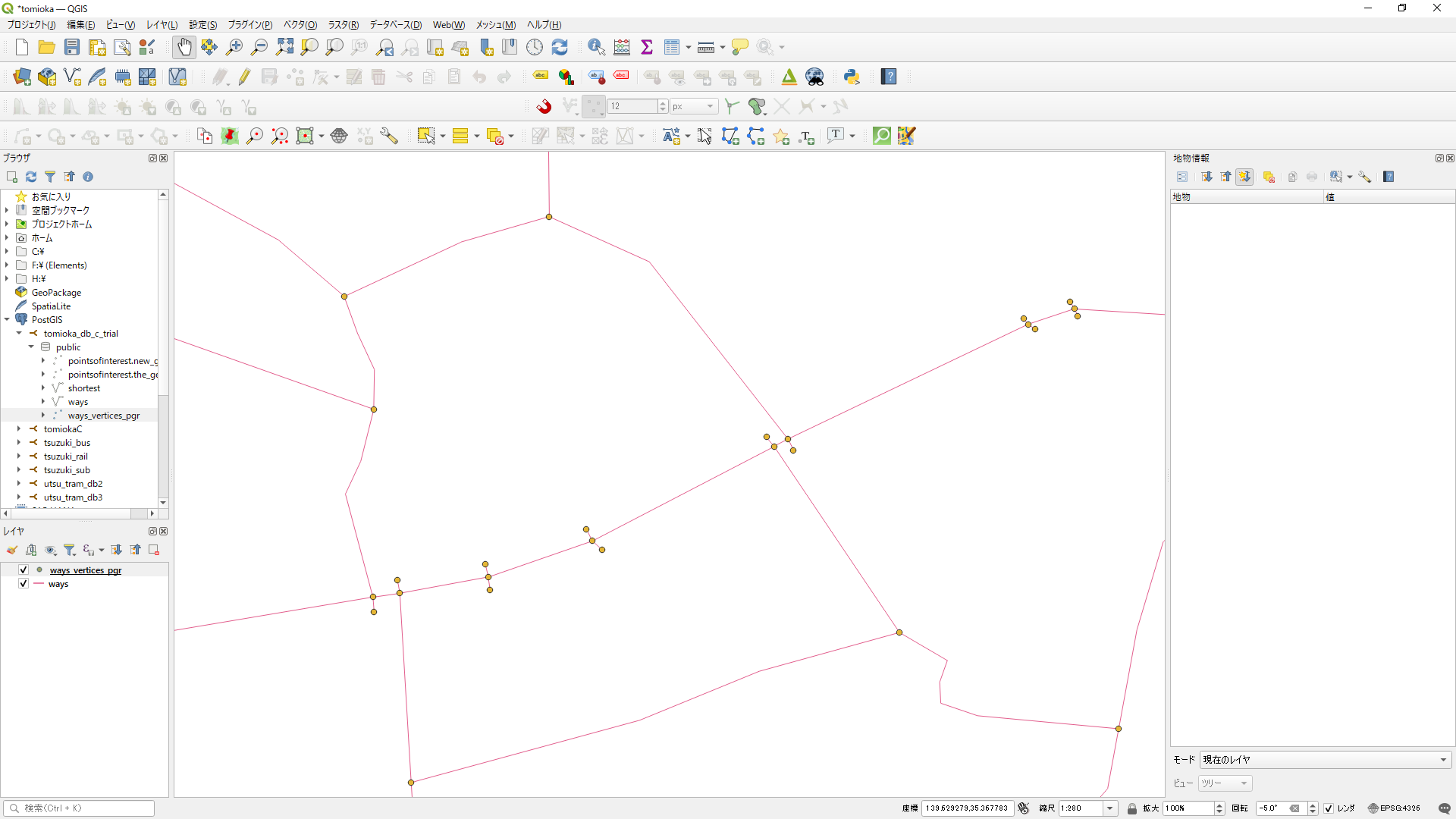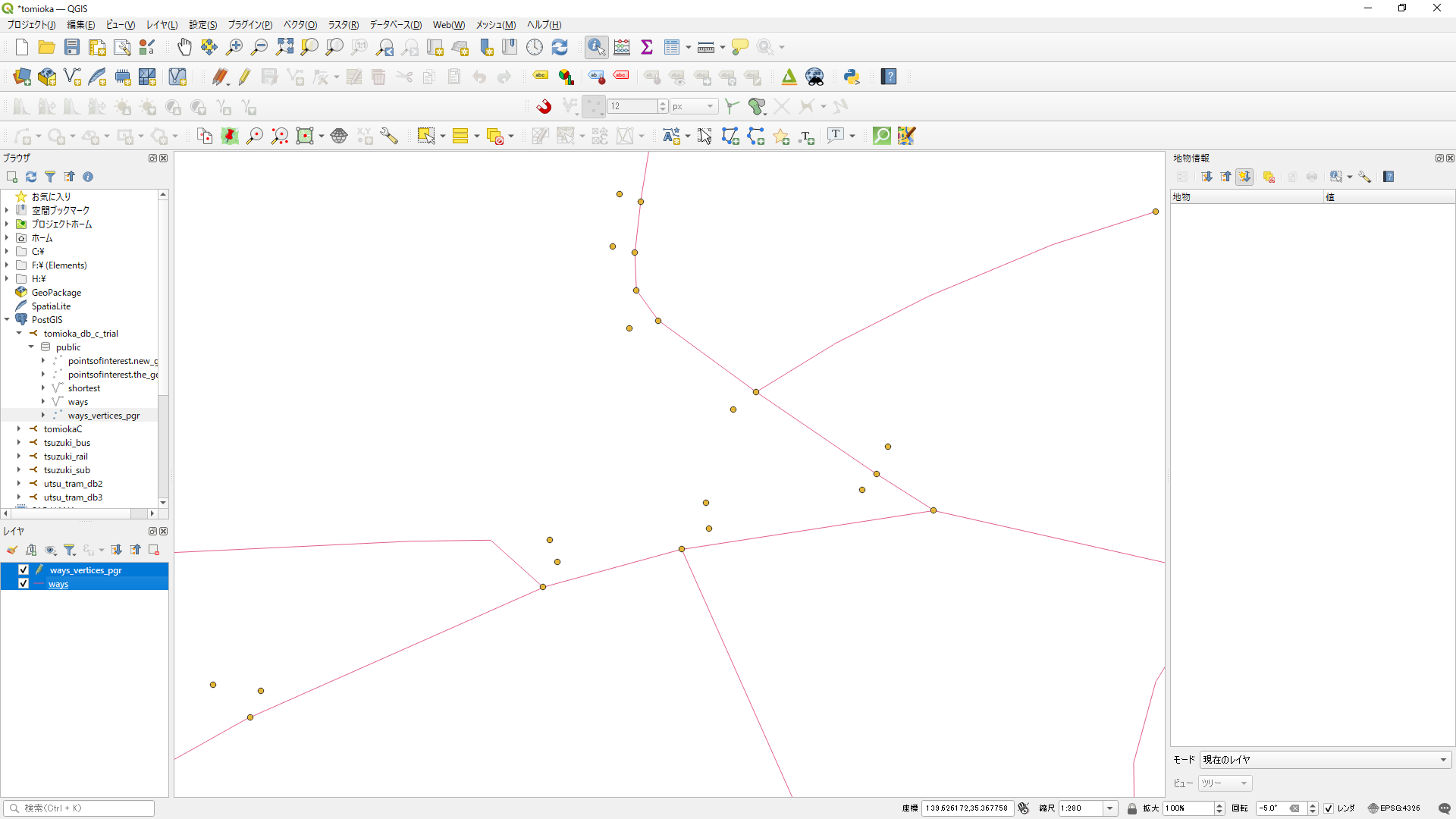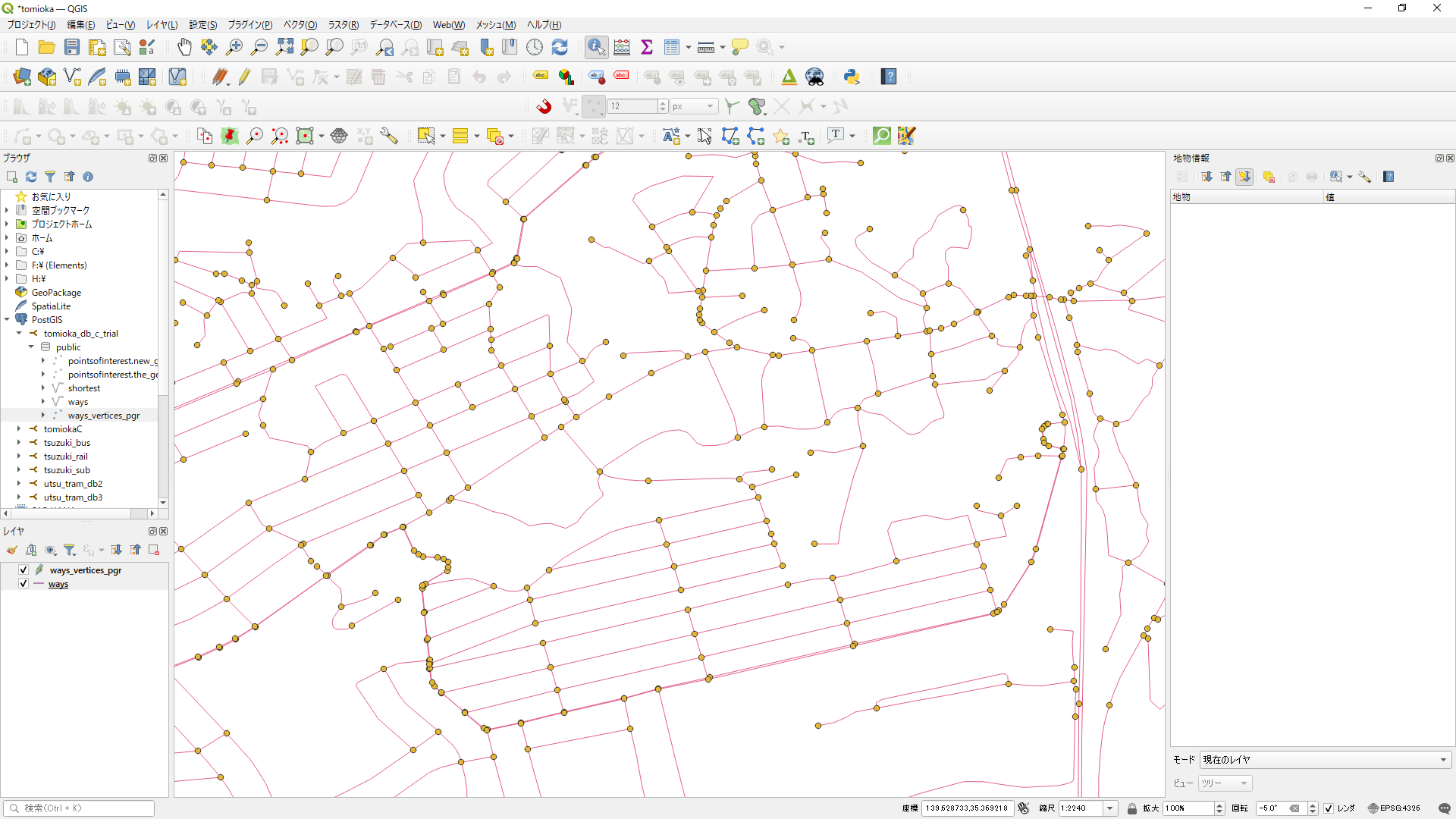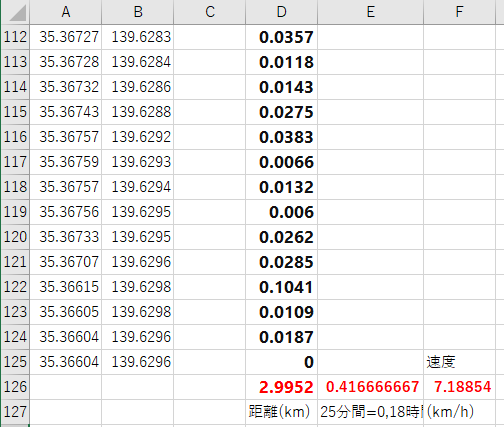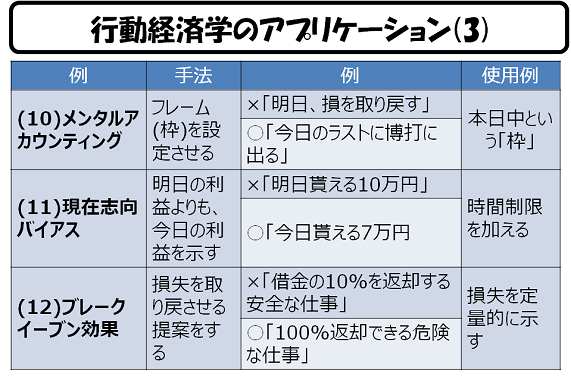4月は、キックオフミーティングの季節ですね。
April is the season for kick-off meetings.
私、これまで何度かキックオフミーティングの司会者をやったことがあります。
I have moderated several kick-off meetings in my career.
このようなミーティングで良く見られるのが「質問が出てこない」という現象です。
A common phenomenon in such meetings is the "no questions asked."
しかし、幹部の出席するミーティングで「質問が出てこない」のは『当たり前』じゃないですか?
But isn't it 'normal' that 'no questions are asked' at meetings attended by executives?
いらんこと言って、幹部から目をつけられるのは怖いです。
I am afraid of saying something terrible and getting noticed by the executives.
特に、私について言えば、『的外れな質問をして、場を白けさせる』ことをやらかしたことがあり、今でもトラウマになっています。
As for me in particular, I once asked a question that was so off the mark that it made the place feel whitewashed, and I'm still traumatized by it.
事実、過去、私はマズい質問をして、幹部からマークされたという"実績"があります。
I have a "track record" of being marked by executives for asking wrong questions in the past.
まあ、上司や会社の関係者の出席してきない国際学会では、私は「質問製造機」に変貌するのですけどね。
Well, at international conferences not attended by my boss or company officials, I turn into a "question-making machine.
-----
さて、私が司会者の時に採用したのが、「負のクジ」です。
Now, I employed a "negative lottery" when I was a moderator.
(1)私は、5秒以内に質問が出なければ、課長をランダムに指名すると宣言しておく。
(1) At the start of the meeting, I will declare that if no questions are asked within 5 seconds, I will randomly appoint a section head.
(2)私は、課長を指名してする。指名された課長は質問するか、あるいは、自分の部下を再指定できる(たらい回す)
(2) I shall nominate a section chief. The nominated section chief can ask questions or reassign subordinates.
(3)再指定された部下は、質問をしなければならない
(3) The reassigned subordinate must ask questions
この「負のクジ」によって、「全員が質問できるネタを考えながらミーティングに参加しなければならない」という緊張感で満たされることになりました。
This "negative lottery" filled me with a sense of urgency. I had to attend the meeting, thinking of a story that everyone could ask questions about.
私の後任者は、この方法を継承したようです(今年がどうなっているかは不明です)。
My successor seems to have inherited this method (not sure how this year is going).
-----
この方法のメリットは、
The advantages of this method are,
(1)場が沈黙するのを回避できる
(1) Avoids silencing the field.
(2)指名された人間が、変な質問をしても『仕方がない』と割り切れる気分になれる
(2) The nominated person can feel like they can 'just go along with it' even if they ask strange questions.
ということです(ミーティングにゲーム感覚を取り込める)。
This system brings a sense of game into the meeting.
「幹部が参加しているミーティングで、下っ端が進んで質問はしない」は当然なのですが、この当然を前提とする考え方が欠けているように思えます。
It is evident that "a low-level person will not willingly ask questions at a meeting attended by executives." Still, it seems to me that the concept of assuming this obviousness is lacking.
適度な"強制"と"諦観"を入れることで、ミーティングを適度に運行させることは可能と思います。
It is possible to keep meetings running at a moderate level by adding just the right amount of "compulsion" and "resignation.
-----
ただ、一つ誤解して頂きたくないことは、私は、ミーティングを活性化させ、組織に貢献するという気持ちは、ほとんどなく、
One thing I don't want you to misunderstand, however, is that I have little desire to activate the meeting and contribute to the organization. This is just a
―― 私が与えられたミッションを完遂するために、私が捻り出した方法
"method I have devised to complete the mission I have been given."
ということです。
